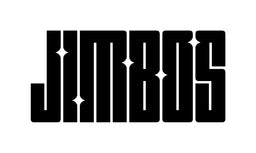Should You Use Microfiber Towels Dry or Damp?
Here’s when to grab your towel dry—and when it works better slightly damp.
Why It Matters
Microfiber towels are ultra-versatile, but how you use them can make or break your results. The key is knowing when to go dry, damp, or wet depending on the detailing task.
When to Use Microfiber Towels Dry
- Buffing Off Waxes & Sealants: Use ultra-soft towels like the Softer Than Soft Microfiber
- Final Wipe or Inspection: Removes any haze or streaks with no additional moisture
- Glass & Mirrors: A dry, flat-weave towel prevents streaks—just make sure the surface is clean
When to Use Microfiber Towels Slightly Damp
- Interior Cleaning: Lightly dampen with water or Complete Cabin Cleaner to boost grime pickup
- Waterless Wash or Quick Detail Spray: Slightly damp towels help reduce friction and improve wipe-off
- Sticky or Dried Contaminants: Dampen to soften residue before wiping
When Not to Use a Damp Towel
Don’t dampen towels for drying your car after a wash—that’s what high GSM drying towels like the Massive Drying Towel are for. Also avoid wet towels on soft paint unless you’re rinsing or prepping for polish.
How to Dampen Properly
Don’t soak—just mist the towel with water or product until lightly moist. Wring out any excess to avoid smearing or dripping.
Pro Tip
Always test on a hidden area first, and avoid reusing damp towels between steps. Cross-contamination is the #1 way to introduce scratches.
Related Posts
FAQs
Is microfiber more effective when dry or damp?
It depends on the job. Dry is best for buffing or final wipes. Damp is better for cleaning interiors or removing stuck-on grime.
Can I use the same towel dry and then damp?
No—switch towels between dry and damp stages to avoid streaking or contamination.
What if my towel gets too wet?
Wring it out or swap for a new one. Oversaturated microfiber smears instead of cleaning.




